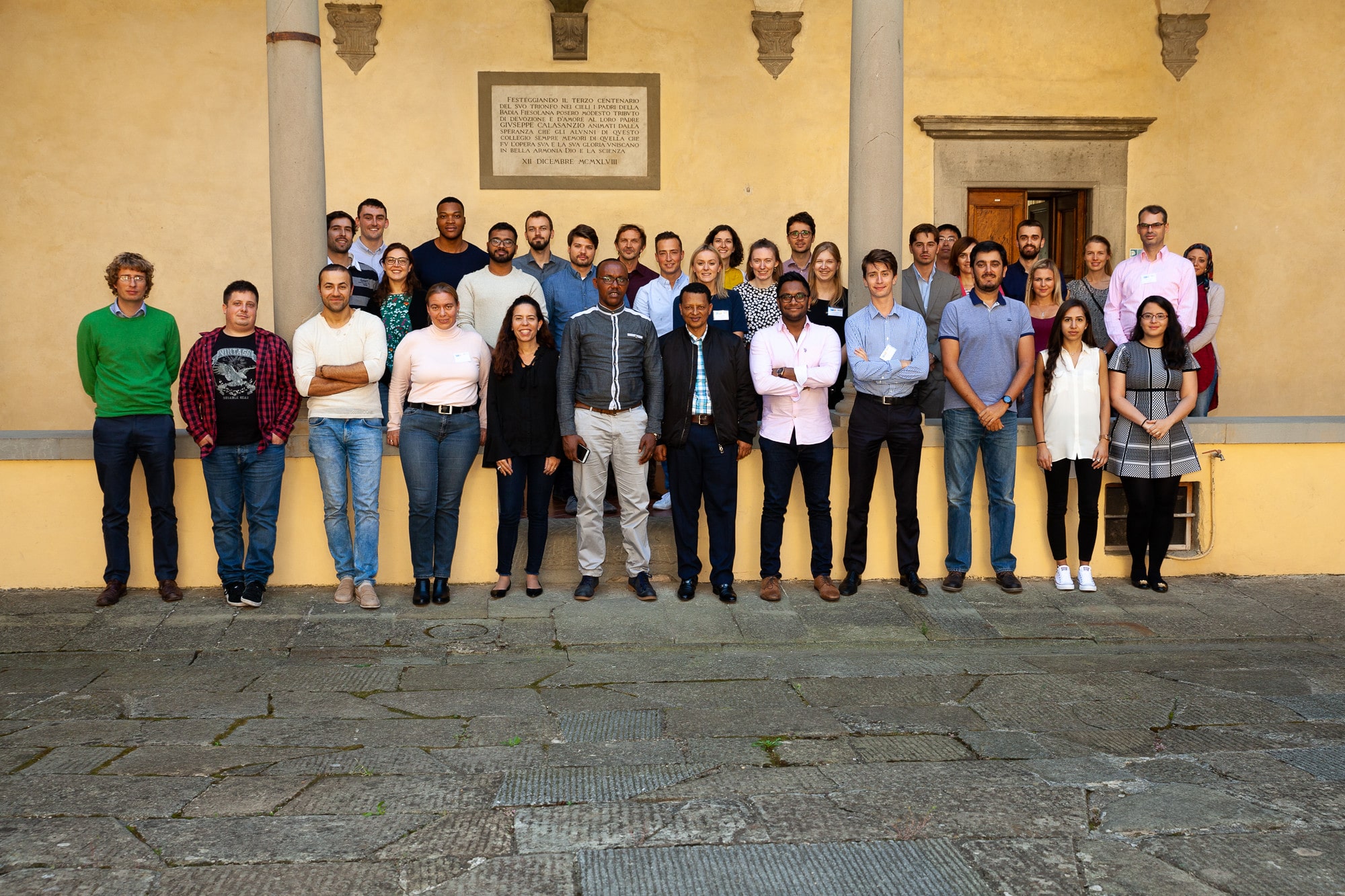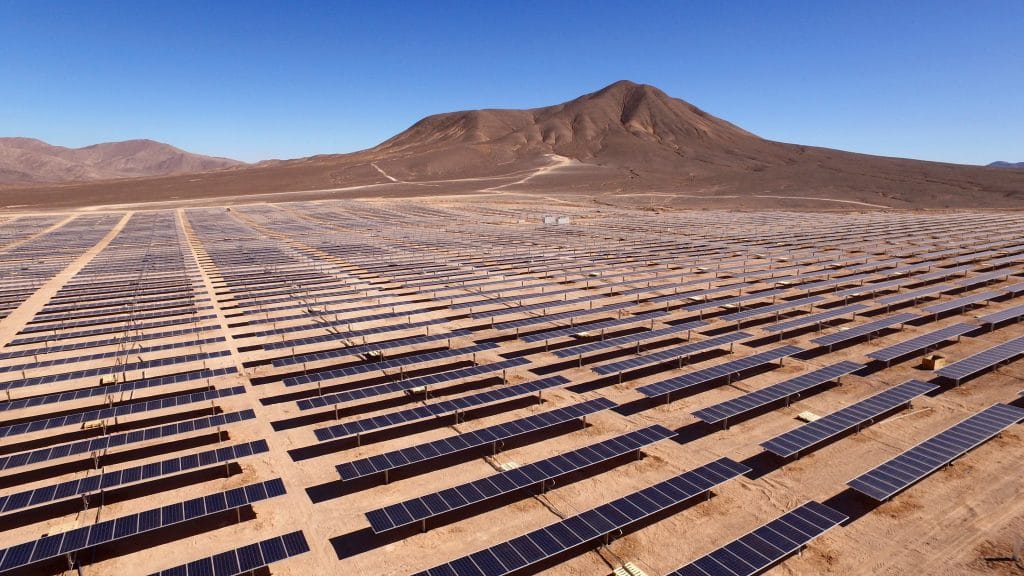An insider look at the Annual Training on the Regulation of Energy Utilities
18 years of regulatory experience condensed into the first online course of its kind
All you need to know about energy utilities and regulation
Our flagship training on the regulation of energy utilities has a long and successful story. You may not remember it, but this course was launched by one of the founders of our school, Ignacio Pérez-Arriaga (MIT; Comillas) even before the Florence School of Regulation was created, and it was originally hosted in Maiorca, Spain.
In 2004, three European energy regulators, Pippo Ranci, Jorge Vasconcelos, and Ignacio decided to create a school where European and national regulators, utility companies, policy-makers, and academics could meet, discuss and get trained. Since then, the Florence School of Regulation acts as a centre of excellence for knowledge exchange, and the annual training on energy utilities is still at the core of our activities.
The key objective of FSR has been to contribute to good regulatory practice. With these objectives in mind, the academics of the FSR have been embedded in the regulatory problems learning from regulatory authorities, and we want to transfer to you all this knowledge that we got from those years.
For the first time since its creation, the 19th edition of the annual training on energy utilities will be fully online. The challenging times pushed us to adopt new approaches while updating all existing course material and activities, with many remarkable improvements. This way, eighteen years of experience in training the new generations of energy regulators, have been condensed into the first online course of its kind.
Regulating energy utilities in Europe and Worldwide
What are energy utilities? How should they be better regulated in the future?
During this 9-month intensive training, you will gain extensive knowledge of the fundamental principles of the regulation of the power and gas sectors through theory and practice, learning from European leaders, former regulators, leading academics and industry specialists, and practitioners.
At the end of this course, you will be equipped to take adequate positions on competition, the integration of markets and networks, quality of service, economic efficiency, and security of supply, with the ultimate goal of protecting the interests of consumers and the better integration of market participants and networks.
This training is structured around four blocks:
- Basics on Energy Systems
- Theory and Principles of Regulation
- Regulation of Energy Supply Activities
- Current Regulatory Key Discussion
Download the complete syllabus
An insider look
We asked our faculty, facilitators and former participants what they think of the training. Here are their answers and insights about FSR longest-running course.
Can one regulatory course fit all the countries?
Carlos Batlle, course director: Believe it or not, regulatory challenges are the same all over the world. We try to bring into the course the lessons we learned in different contexts, countries, jurisdictions. So it would be great if you could join us from wherever you are on the planet to bring in your concerns, your questions, and your discussions. In the live sessions, you will have a chance to interact with leading experts from across the world who will bring you the latest hot ideas in electricity and gas sectors, as if you were in the same room.
Learn more from Carlos about this course:
As a former participant, what were the main takeaways from this experience?
Richard Hibble, former participant – Graduate Analyst at Ofgem: I greatly enjoyed the chance to meet with, and interact with, so many people from across Europe and beyond, with a range of experiences. I think having the opportunity to do this as a newcomer to the regulatory world is incredibly valuable. Participants and instructors were very welcoming, both during the course sessions and also on the social side.

How would you describe the participants joining this course?
Mara Radulescu, FSR training coordinator: The groups are always very diverse and the small number of participants help in connecting and creates a special atmosphere. Students come from many countries around the world, bringing new regulatory challenges. Despite the differences in age, background, experience, they soon start to collaborate together building strong relationships, like in a real classroom, and they head in the same direction. They are talented and ambitious, willing to learn, and open to others. Those who achieve excellent results, also receive a letter of recommendation from the honorary director, Ignacio Pérez-Arriaga.
What’s new in this online edition of the course?
Marina Cascella, FSR training facilitator: This postgraduate course stands out from other professional courses for its focus on real-life case studies, the close interaction with the instructors, and the attention devoted to the top trends and hot topics in the energy sector. This approach, building on solid academic knowledge, makes this course an invaluable opportunity for training and development fitting the needs of the energy industry. In this edition, all the resources have been updated, and we will have 35 live sessions and new activities to make the course more interactive and practice-driven, ensuring all students have comprehensive feedback on their work.
Top resources for this training
Hurry up and register now!
To ensure a close interaction with the instructors and a personalised learning experience, this online course will have a limit of 30 participants. Register by 3 August to save your seat and benefit from the early bird 10% discount.
For more information, contact your course facilitator, Marina.






